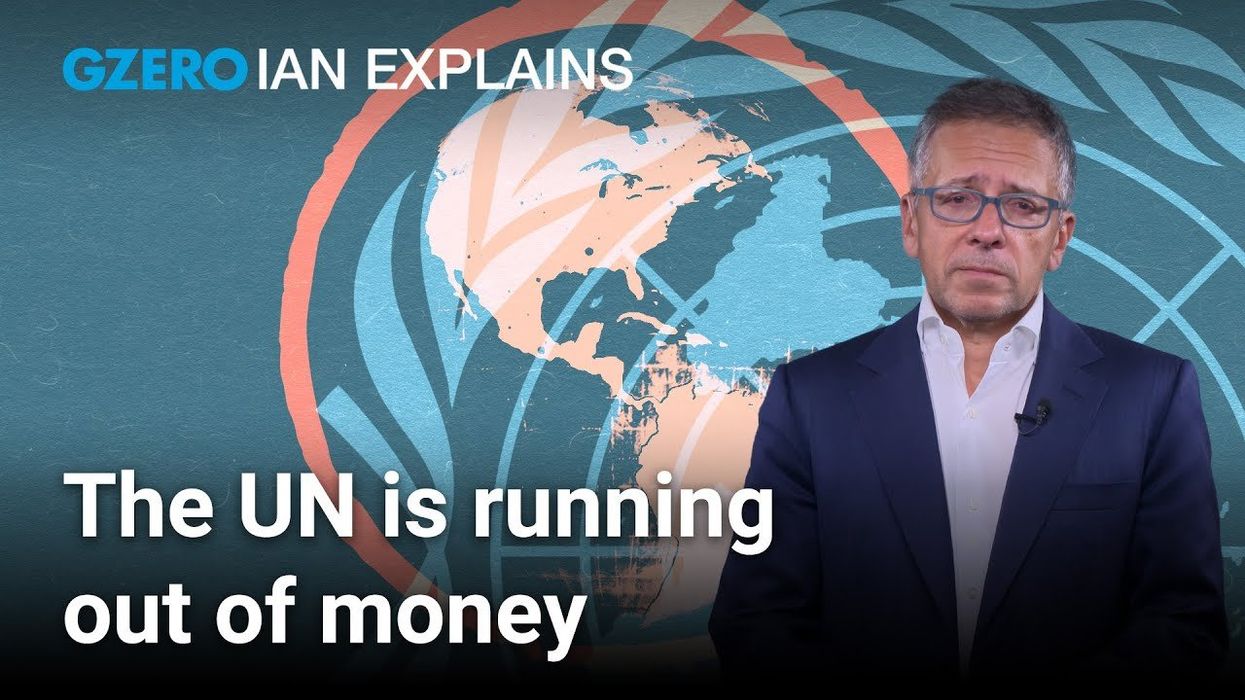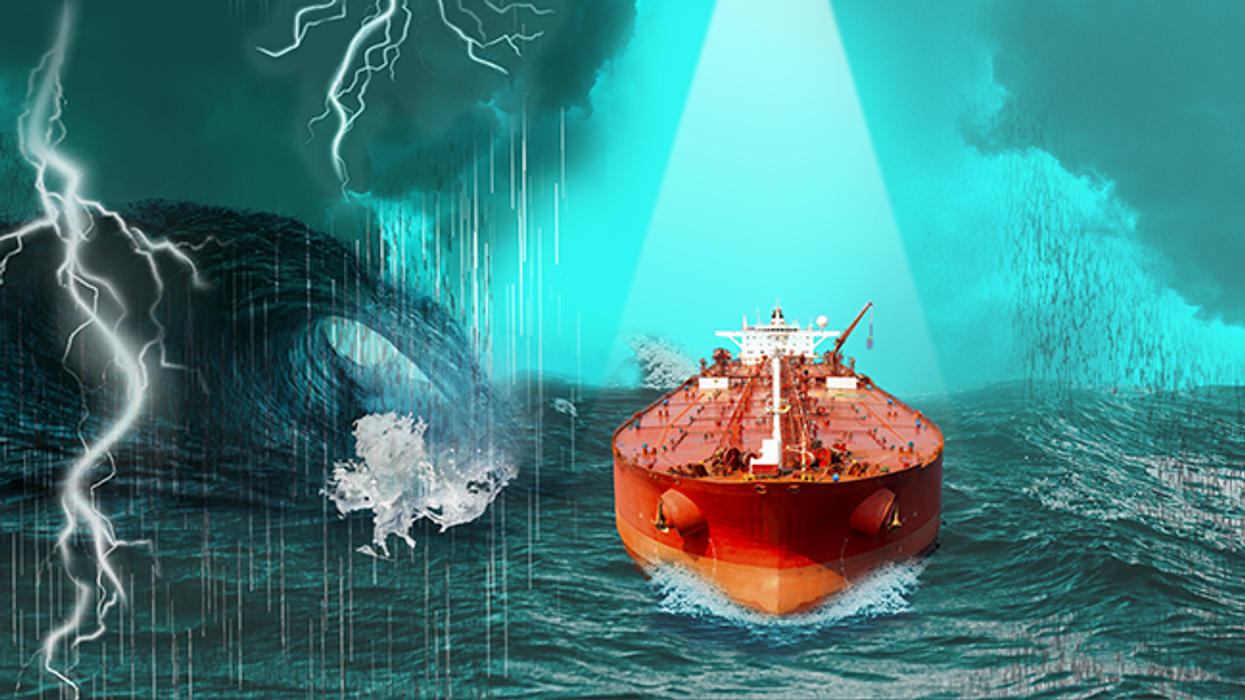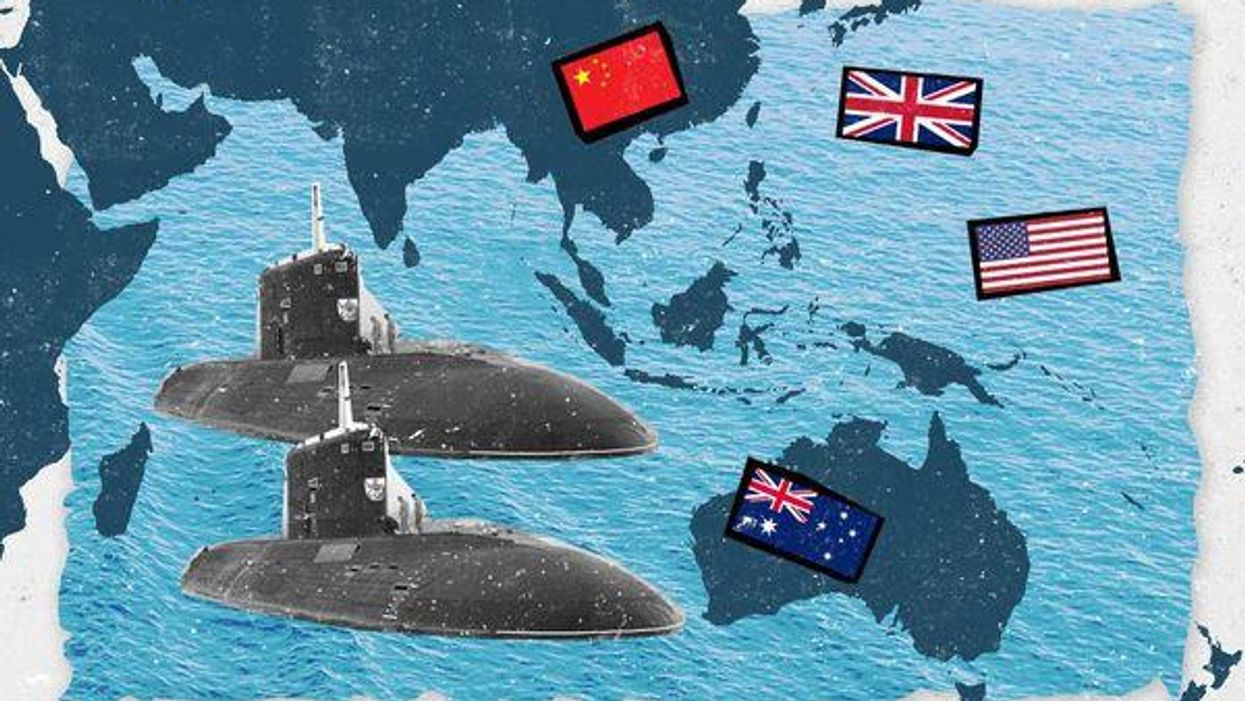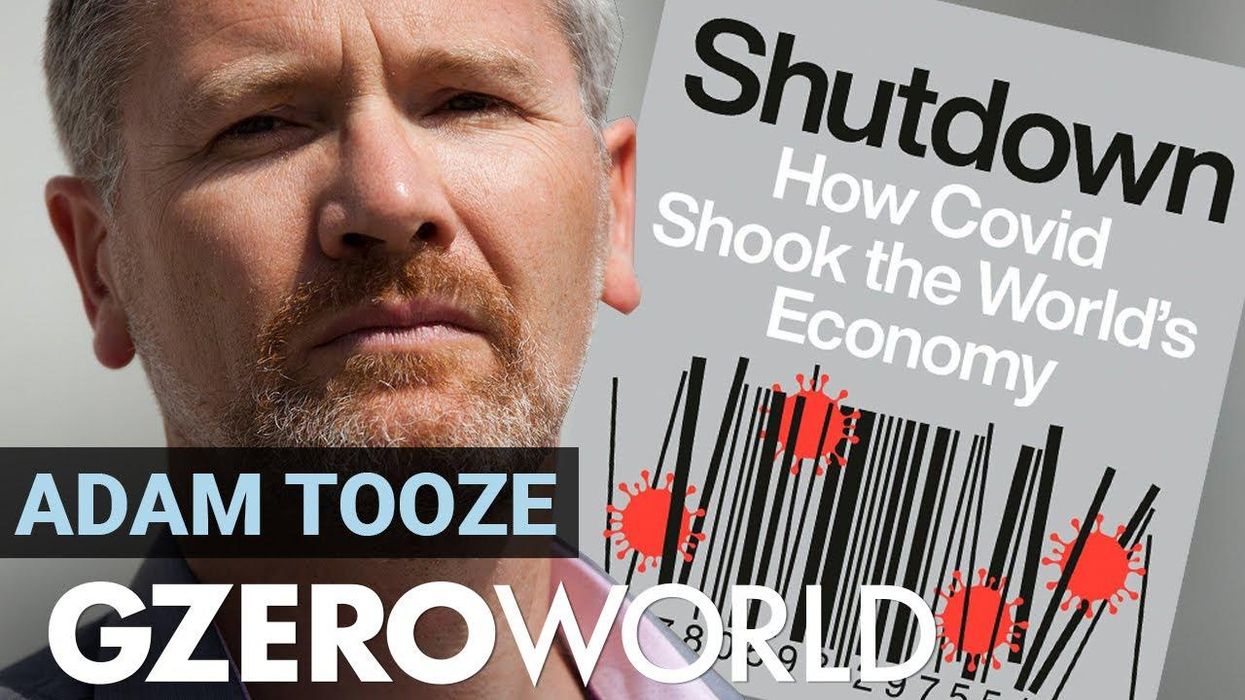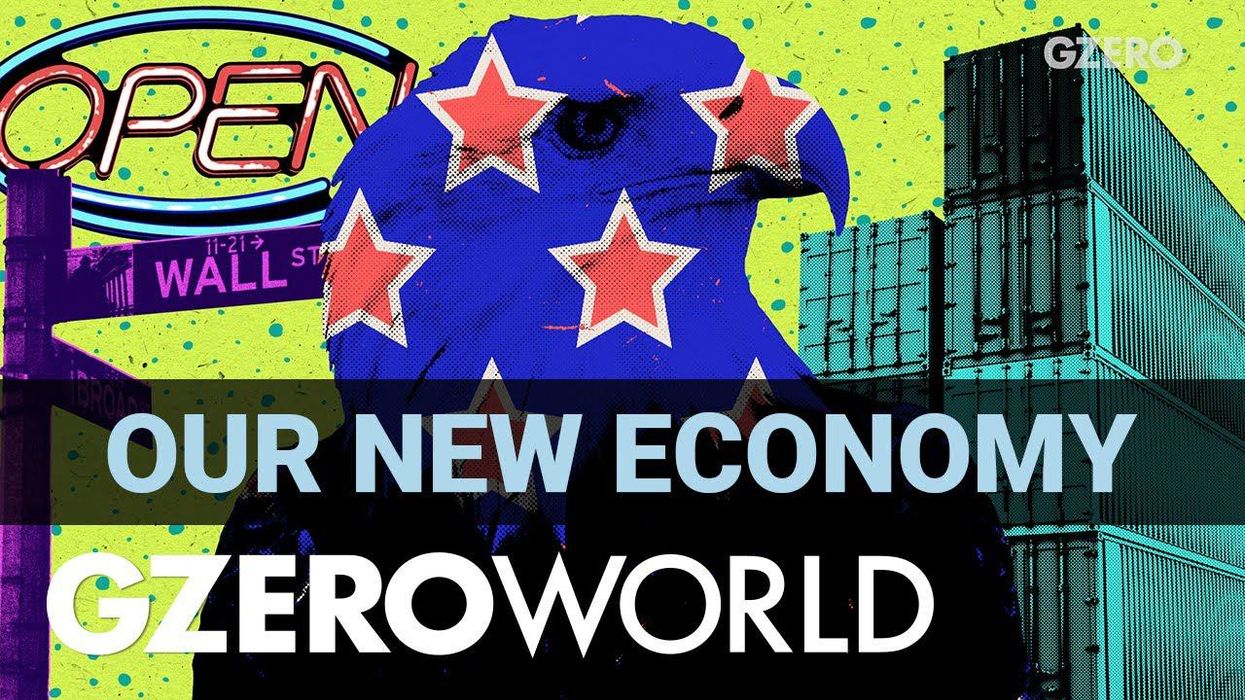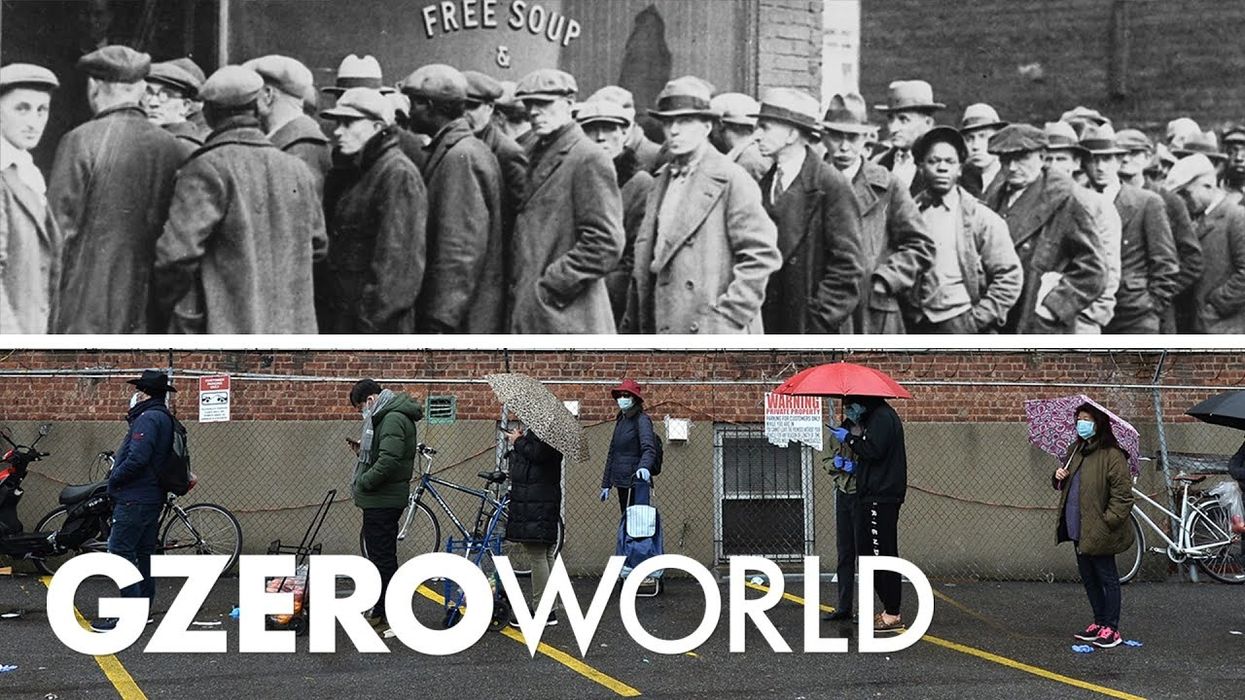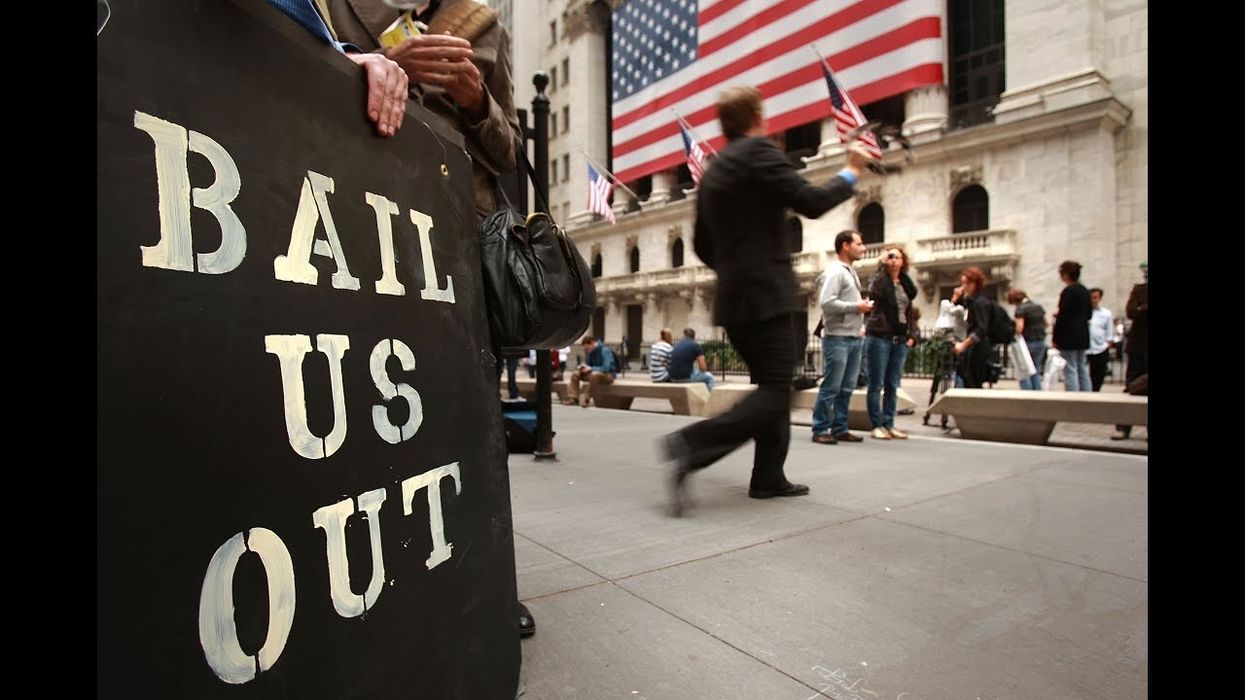Ian Explains
The UN is running out of cash. Can it reform before it's too late?
As wars rage and budgets shrink, can the United Nations survive its worst financial crisis yet? Ian Bremmer explains what’s driving the UN’s cash crunch—and what’s at stake if it fails.
Sep 22, 2025
